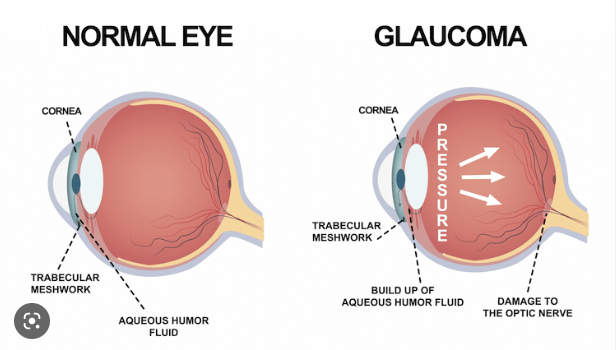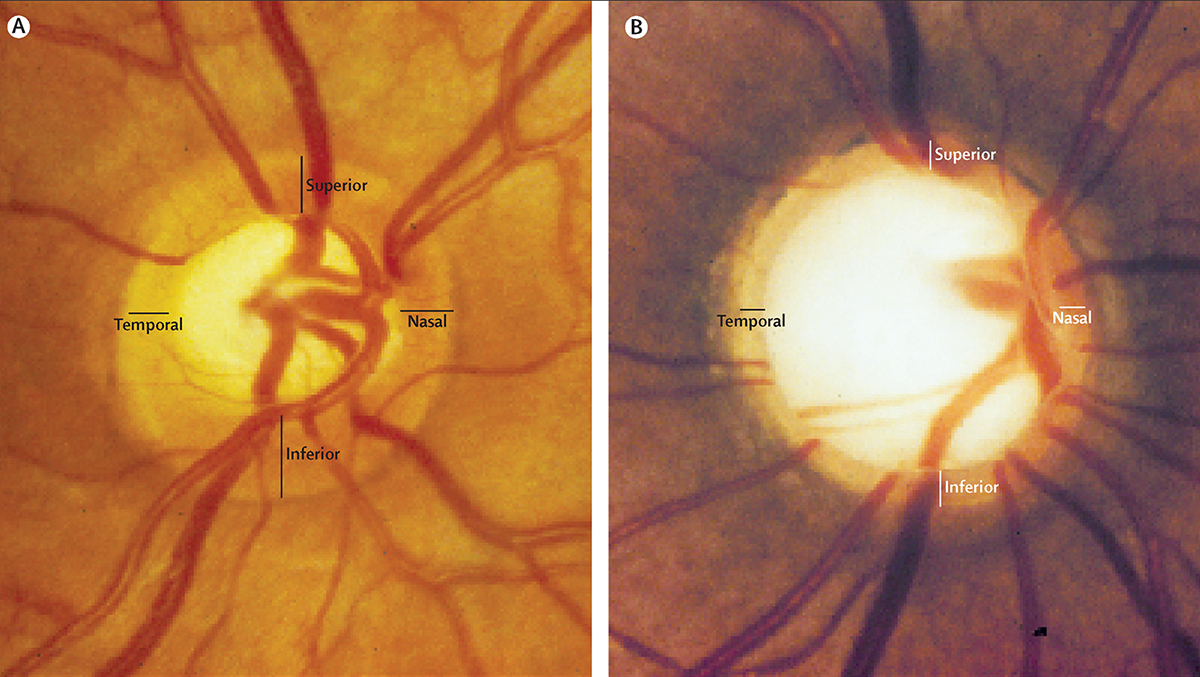Glaucoma is in actual a group of eye diseases which can cause vision loss and blindness by damaging the optic nerve which is the back of one’s eye.
There are as such no early symptoms of Glaucoma, but gradually an individual can start to notice them. It is very important to take very quick actions when one is feeling any basic symptoms like loss of side (peripheral) vision, blind spots and blindness by getting a comprehensive dilated eye exam.
The harder part is that there is no cure for glaucoma but an early treatment can stop the damage to the optic nerve and protect one’s vision.
As such, anyone can get a glaucoma, but people who,
- Are over the age of 60,
- Are African American and over the age of 40
- Have a family history of Glaucoma
- Have a history of Trauma
are usually at a higher risk of Glaucoma.


It is believed that there are two major types of Glaucoma,
Primary Open Angle Glaucoma
This is the most common type of Glaucoma, which happens gradually, when the eye does not drain fluid as well as it should. As a result of which, eye pressure builds and starts to damage the optic nerve. Usually, there is no pain involved in this type of glaucoma and does not affect vision loss in the beginning.
Angle-Closure Glaucoma
This happens when the iris is very close to the drainage angle in one’s eye. The iris usually ends up blocking the drainage angle and when drainage angle gets completely blocked, the eye pressure rises quickly. Such situations are known as acute attack. This is a real eye emergency and one should call an ophthalmologist right away or one might even go blind.
The signs of an acute-angle closure glaucoma attack are as follows
- Your vision is suddenly blurry
- You have severe eye pain
- You have a headache
- You feel sick to your stomach (nausea)
- You throw up (vomit)
- You see rainbow-colored rings or halos around lights
There are two main types of laser surgery which can treat Glaucoma
- Trabeculoplasty (for patients who have Open-angle Glaucoma)
- Iridotomy (For patients who have Angle-Closure Glaucoma)


